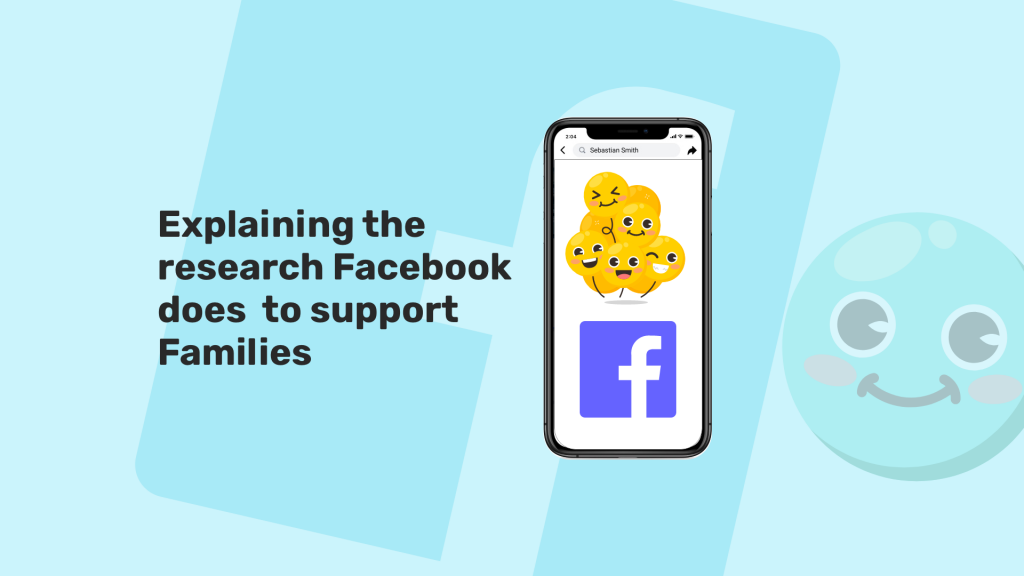After being questioned again by the Wall Street Journal regarding their motives in carrying out research into young people’s social media use. Facebook has put forth an explanation for the research it does to support families. Let’s have a look at Facebook’s explanation.

Facebook says that the questioning is nothing but an attempt to recycle previous reporting by the Wall Street Journal. “As the Journal itself reported four years ago, we’ve had a product in the market in the form of Messenger Kids that is intended for younger users. We developed it with input from parents to make sure that it provides a safer experience for younger kids that is supervised and controlled by parents. There is nothing nefarious or secretive about this work.” Facebook says.
The article by the Wall Street Journal featured an image of Facebook’s internal slide which is attention grabbing as it hasn’t been presented with a context, rather it has been presented with absolutely no context. Facebook says that in reality the image is simply that of a framework that international policymakers have been advocating that they (Facebook) use. “These are age bands used by the Age Appropriate Design Code and other policy experts. The “where we’re going” title reflects industry and policymakers’ move toward this taxonomy, not Facebook’s product plans, as the internal note’s context makes clear” says Facebook.
Companies including the Wall Street Journal which operate in a highly competitive space make efforts to appeal to younger generations. Keeping in mind that Facebook’s competitors are doing the same thing, it would actually be newsworthy if Facebook didn’t do this work. The Journal also lifted a phrase from an internal presentation titled, “Exploring playdates as a growth lever.” Facebook admits that the language they used was unfortunately an insensitive way to pose a serious question and it doesn’t reflect their approach of building the app.
“It was part of research to better understand how families and kids were using the Messenger Kids app to improve their experiences with it. We built Messenger Kids to create a safer, parent-managed experience for kids. And as we have heard from parents worldwide, virtual playdates on Messenger Kids have become a lifeline for many families during the pandemic.” Facebook says.
Facebook wants to keep young people safe on their apps and that also includes making sure people who are not old enough to use those apps, don’t end up using them. Keeping that in mind, Facebook will continue investing in research to make sure that this work is done even more effectively.


